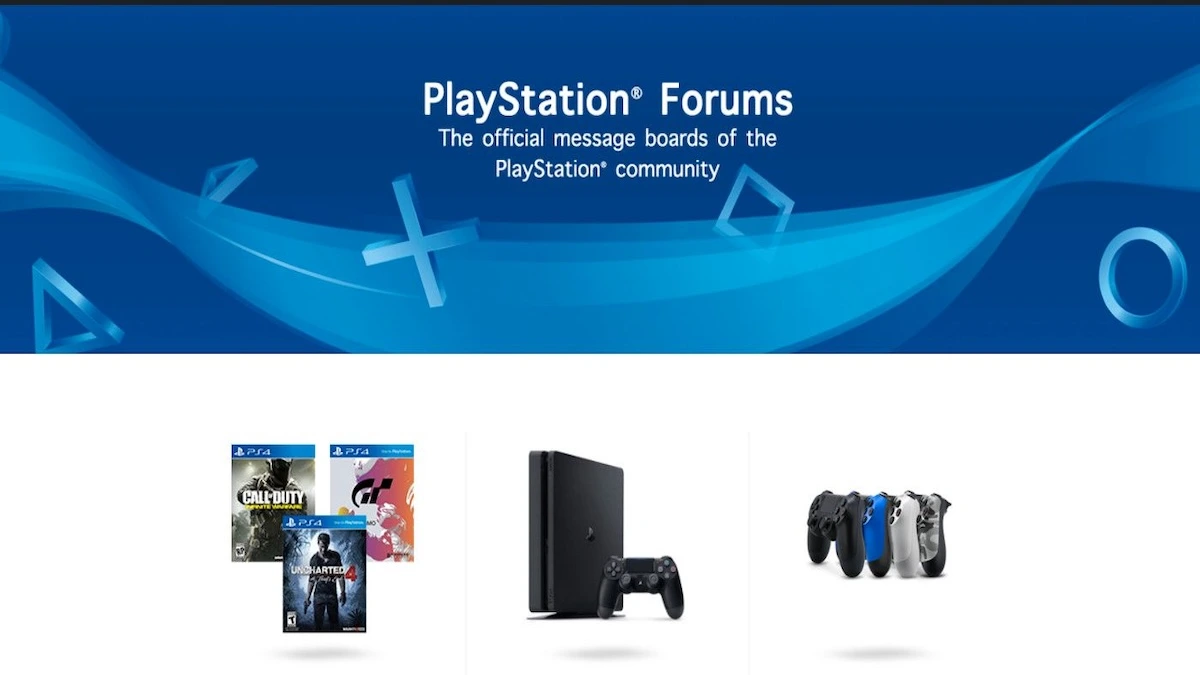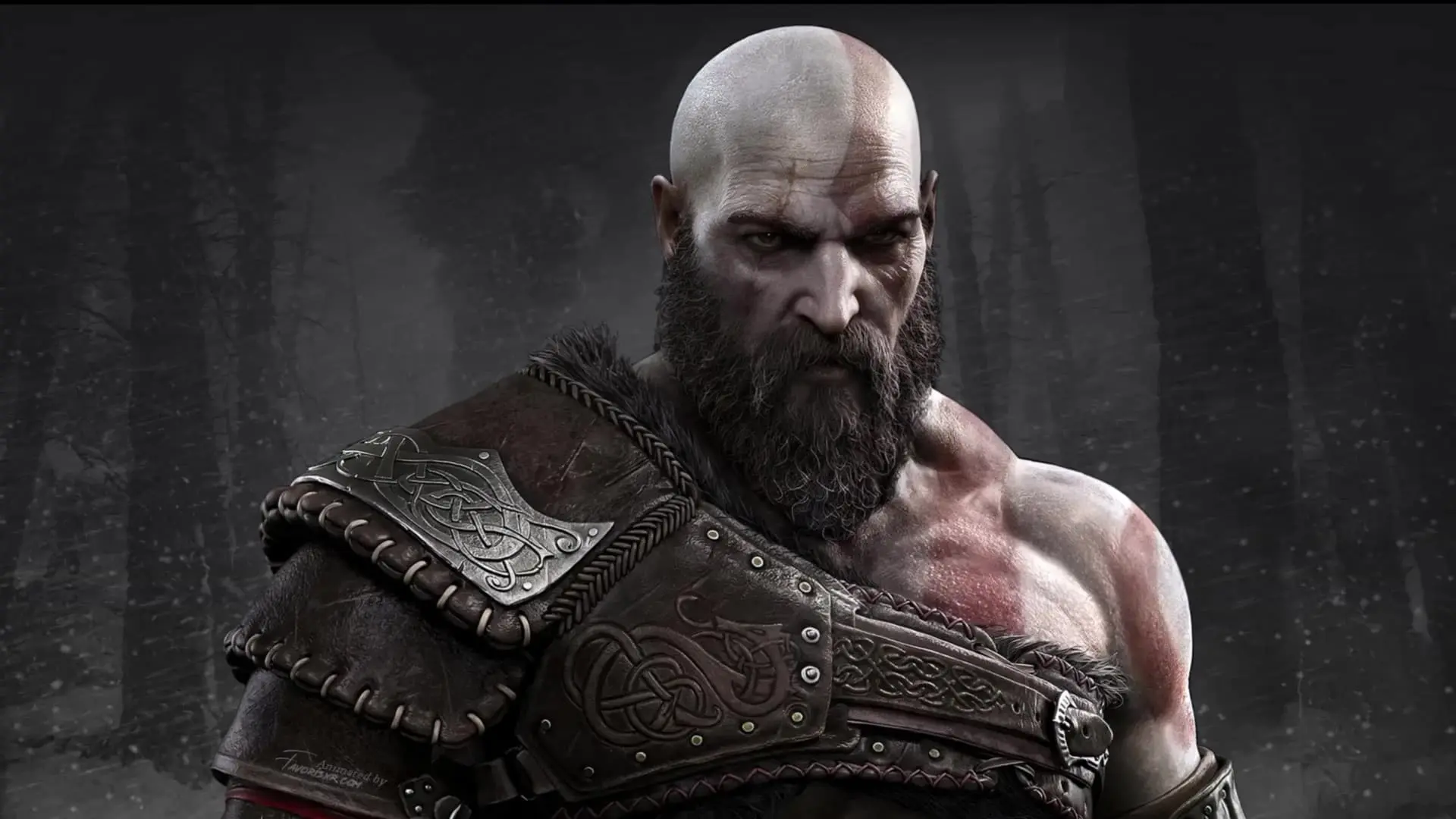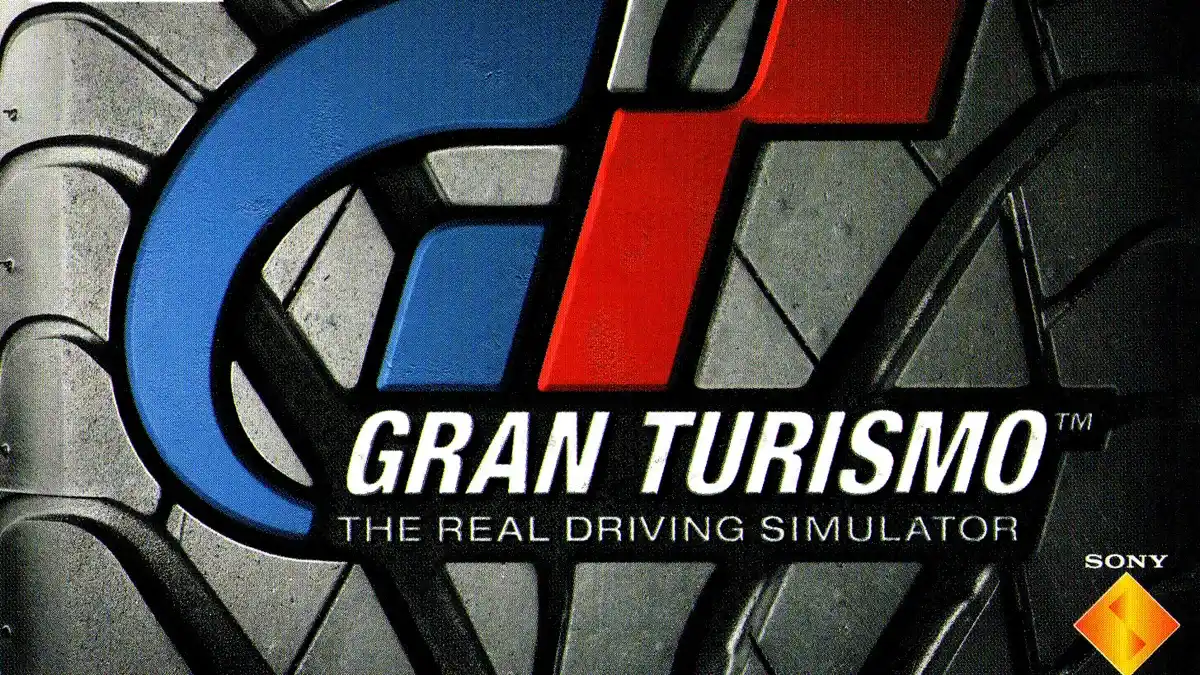Multiverse: Nuovi Mondi Virtuali, Parte 2
Dopo aver dato un’occhiata al progetto della Telos, City of Sinners and Saints, non potevamo esimerci dall’ascoltare chi ha prodotto la piattaforma necessaria alla creazione di quel gioco, e tanti altri in futuro, che attualmente viene usata in fase di sviluppo. I creatori di Multiverse, e specificatamente Corey Bridges, executive producer e co-fondatore del progetto, ci hanno illuminato su questa nuova realtà virtuale.
GS: Ci puoi parlare delle esperienze precedenti dello staff di Multiverse?
Multiverse ha creato una piattaforma altamente scalabile, flessibile e modificabile che i team di sviluppo usano per pianificare nuovi tipi di MMO e di mondi virtuali. Per fare questo avevamo all’inizio due gruppi di impiegati: il primo era formato da persone che provenivano da aziende come Netscape o IBM, specializzati in tecnologia applicata alle piattaforme, ed il secondo formato da sviluppatori provenienti da grandi aziende come l’EA e l’Activision, che già in precedenza si dedicavano alla realizzazione di giochi di successo. Negli ultimi anni i due gruppi si sono coesi in un unico integrato, guadagnando una conoscenza ancor più profonda delle esigenze di mercato, creando giochi per Multiverse ed aiutando team esterni a costruire i loro. L’ultimo gioco a cui ci siamo dedicati si chiama Battle, il primo al mondo ad essere basato interamente su Flash, un combat game in tempo reale, che si può giocare in multiplayer su battle.multiverse.net. E’ un piccolo gioco per ora, ma diverrà un vero e proprio MMO nei prossimi mesi.
GS: Quali tipi di servizi offrite, in poche parole?
Forniamo ai team di sviluppo la tecnologia di cui hanno bisogno per costruire e lanciare nuovi tipi di mondi virtuali e MMOG. Inoltre offriamo servizi professionali, che includono un supporto tecnico di base e collaborazioni nello sviluppo. Per i consumatori, siamo in grado di proporre Multiverse World Browser, un’applicazione scaricabile gratuitamente che consente di giocare tutti i MMO di Multiverse e visitare ogni mondo virtuale collegato.

GS: Quale tipo d’interazione è possibile fra i vari MMO che ospita Multiverse?
Siccome tutti i giochi creati usando la piattaforma Multiverse possono essere lanciati usando una singola applicazione, i team di sviluppo possono linkare i mondi insieme, come fossero siti web. Mondi differenti potrebbero perfino condividere i database dei giocatori, le regole del gioco, modelli 3D o qualsiasi altra cosa. Possono ovviamente decidere di non condividere nulla. Spetta tutto ai singoli team. Abbiamo molti piccoli gruppi che lavorano ad una parte di un mondo più grande, in quest’ottica. Per ora, tutti i giochi presenti sulla piattaforma sono stati lanciati come prodotti a sé stanti, senza nessun link agli altri. Sono disponibili ai consumatori come prodotti unici, con proprie regole e motivi grafici.
GS: Ci puoi spiegare la relazione fra Multiverse e Facebook e quale tipo di socializzazione può offire ai giocatori al di fuori dei MMO?
Attraverso la nuova tecnologia Flash, che non abbiamo ancora rilasciato ma stiamo usando per progetti molto interessanti, gli utenti saranno in grado di accedere ai giochi e ai mondi virtuali da ogni browser. Dato che abbiamo un client Flash, oltre al nostro client 3D, i team di sviluppo potranno integrare il loro universo all’interno di ogni sito web, compreso Facebook e network simili, come Kongregate. Consentiamo anche d’integrare interazioni sociali asincrone nei vari progetti, come spedire un oggetto virtuale o recapitare un messaggio. Questo tipo di scambi è perfetto per far parte di un social network.
GS: Non solo giochi: Quali possono essere le altre implementazioni di Multiverse?
Abbiamo creato Multiverse per consentire ai team un’ampia varietà di contenuti. Questi includono giochi, mondi sociali ed educativi e ambienti di collaborazione per il business. Con la nostra tecnologia abbiamo in ballo un mondo educazionale su Titanic, stanze d’incontro virtuali per aziende e molti MMO in sviluppo.
GS: Non sono un programmatore. Potrei ugualmente tentare di sviluppare un gioco con Multiverse? E’ facile anche per principianti? E viceversa, con gli strumenti che offrite potrei creare un MMO complesso (graficamente e tecnicamente) come Age of Conan?
I primi strumenti che abbiamo rilasciato non erano per i consumatori, ma il nostro Flash lo sarà senz’altro. Fino a che non lo renderemo disponibile, i team di sviluppo devono essere competenti in programmazione (Java, Python, C#) ed esperti in applicazioni 3D come Autodesk, 3Ds Max e Maya. Molti team stanno sviluppando giochi molto complessi in questo momento, graficamente alla pari con gli attuali AAA MMO. La nostra tecnologia può essere comunque anche adattata a progetti che richiedono minor complessità e un livello più basso di difficoltà visuale.

GS: Qual è stato il riscontro del mercato e della gente per il vostro progetto?
Molto positivo. Sviluppatori da tutto il mondo ritengono che il nostro modello fornisca la possibilità di poter entrare velocemente sul mercato ed iniziare a costruire qualcosa di concreto. Possiamo consentire, con i nostri strumenti, di creare qualsiasi tipo di gioco. La varietà di possibilità creative è virtualmente infinita. Comunque, per precisare, non ospitiamo mondi senza che il team di sviluppo chieda espressamente la nostra assistenza. La nostra tecnologia funziona come il web: chi crea games installa i nostri server dove vuole.
GS: Il social networking è in continuo sviluppo, giorno per giorno. Facebook, MySpace, Home di PS3, Xbox Live, ecc, sono il segno che la gente ha un disperato bisogno di comunicare al di fuori della propria vita reale, creandone un simulacro. Cosa ci si può aspettare nel futuro da questo aspetto e quali saranno gli sviluppi di Multiverse?
I social networking stanno iniziando a diventare molto importanti per il successo di ogni nuovo gioco o mondo virtuale. Inoltre giochi che esistono solo all’interno di social network stanno diventando sempre più popolari. Pensiamo infatti a quelli prodotti da Zynga per Facebook, come Mafia Wars, YoVille, Texas Hold’em, ecc., che possono tutti essere lanciati all’interno dell’applicazione. Come Multiverse, teniamo in grande considerazione l’aspetto dello sviluppo legato alla community. Battle, ad esempio, è progettato apposta per social network. City of Sinners and Saints porterà il concetto ad un livello superiore includendo aspetti tipici di un MMO che sia un hardcore che un casual player potranno considerare attraenti.
Grazie per aver dedicato del tempo a parlare con noi. Mi ha fatto molto piacere parlarvi, sia a voi che al vostro pubblico!
E noi ringraziamo a nostra volta Multiverse e Corey.
,
After City of Sinners and Saints interview, we have decided to talk directly with one of the men who provide the platform to create this new kind of social networking. Multiverse is the answer to the modern trend of virtual social worlds, now in 3D …
Responses provided by Corey Bridges, Executive Producer and Co-Founder, Multiverse.
GS: Could you talk about the staff previous experiences in videogames market and development?
Multiverse built a highly scalable, flexible, and customizable platform that development teams use to build new kinds of MMOGs and virtual worlds. To do this we originally had two groups of employees: those who came from technology-platform companies like Netscape and IBM, and those who came from major game studios like Activision and EA, working on some of the biggest, most successful games ever. For the last several years, of course, both groups have become one integrated group, and have gained an even deeper understanding of the needs of our market, by creating games for Multiverse, and helping several external developers build their MMOGs and virtual worlds. The latest game our team worked on is
GS: What kind of services do you offer, in a few words?
We give development teams the technology they need to build and launch new kinds of virtual worlds and MMOGs. We also offer professional services, which includes basic technical support and collaborative development. For consumers, we provide the Multiverse World Browser, a free and downloadable application that lets them play any game or visit any world in the Multiverse Network.

GS: What kind of interactions are possible (and there are) between all the MMOs inside Multiverse?
Because all of the worlds built on the Multiverse Platform can be played using a single installed program–the Multiverse World Browser–development teams can link worlds together just like web sites can. Different worlds can even share player databases, game rules, 3D models, or anything. Or, they can share nothing. It’s completely up to the developers. We have many teams who are composed of smaller groups each working on parts of a larger world, in this fashion. Currently, all of the worlds and games available on our network have launched as separate, unlinked games. They are available to consumers as unique, standalone environments, each with their own game rules and "look and feel."
GS: Could you explain the relation between Facebook and Multiverse and what kind of socializing Multiverse can allow for players outside MMOs?
Through our new Flash technology – which we haven’t released yet, but are using on some very interesting projects – consumers will be able to access games and worlds through any web browser. Because we have a Flash "client," in addition to our downloadable 3D client (Multiverse World Browser), development teams can launch their games and worlds into any website, including social networks like Facebook, and leading casual game portals like Kongregate. We also allow development teams to integrate asynchronous social interaction into their projects, such as allowing one consumer to send another a virtual gift or leave a private message. These types of exchanges are very well suited to take place within a social network.
GS: Not only gaming: What about different implementations of Multiverse?
We created the Multiverse Platform to enable development teams to create a wide range of content. This includes games, social and educational worlds, and business collaboration environments. With our technology, we have projects like an educational world based on Titanic, virtual meeting rooms for corporations, and several fantasy MMOGs all under development.
GS: I’m not a programmer. Could I equally try to develop a game? Is it (quite) simple also for amateur devs? And vice versa, with the tools that Multiverse offers could I develop a very complex one (both graphics and code) like, for example a new WoW or an Age of Conan clone?
The first tools in the Multiverse Platform were not designed for consumer use, but our Flash tools definitely are. Until we make the Flash tools available, development teams must have programming knowledge (Java, Python, C#) and experience with professional modelling applications (Autodesk 3ds Max and Maya) to be successful. Many teams are currently developing high-end, complex games and worlds that are visually stunning–definitely the same quality as existing AAA games. Our technology can also be scaled down to accommodate projects that require lower levels of visual quality and complexity.

GS: What was the feedback that market and people have given to your idea? What kind of mmos will you host?
The market’s feedback has been very positive. Development teams around the world find that our technology and competitive business model allows them to quickly enter the market and begin building. Our platform enables teams to build any kind of game or world they want. The range of creative possibilities with our technology is virtually limitless. Although, to be clear, we don’t host worlds unless our developers want our assistance. Our technology works like the web–the game developers install our servers wherever they want.
GS: Social networking is evolving more and more, day by day. Facebook, MySpace, PS3 Home, xboxlive, etc, are the signs that people has a desperate need to communicate outside the real life, but making a simulacrum of it. What we can expect about this aspect in the future, and what will be the future progresses of Multiverse?
Social networks are becoming very important to the success of any new game or virtual world. Also, games that exist solely on social networks are of course becoming hugely popular. For proof, simply look at the success Zynga has had with Texas Hold’Em, Mafia Wars, and YoVille – all of which were launched into social networks. At Multiverse, we take the community aspect of development very seriously.
Thx you too for the interview!





